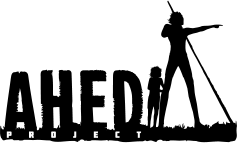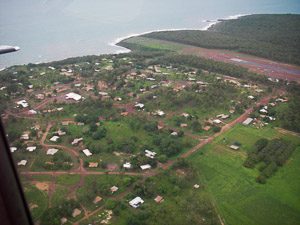Two lasting enterprises that still exist out of the AHED project are Yalu and Hope For Health. Richard Trudgen 2023.
Sep 24, 2015. Our work with over 50 enterprise ideas and initiatives has crystallised both a comprehensive understanding of communities’ priorities for development and a way forward to counter the huge limitations faced by East Arnhem communities.
Pilot period
In September 2014, the AHED project ended its 5-year pilot period. The intention of this period was to establish a model for supporting Yolŋu people to develop and run their own activities, experience greater control and independence, and practice exercising their own power to change the world. We saw it as a pilot project because we knew no-one else had tried something similar and we needed to identify the limitations to building and lifting locally driven enterprise. We discovered that it was so much harder than we had expected, despite having already dome 5 years of testing a clan business development model. On top of a huge lack of understanding by Yolŋu about the operation of the mainstream system, the greater challenge proved to be the range of systemic challenges to establishing new initiatives. Probably the most significant impact of the project has been to challenge these systemic and social justice issues (read here for details).



